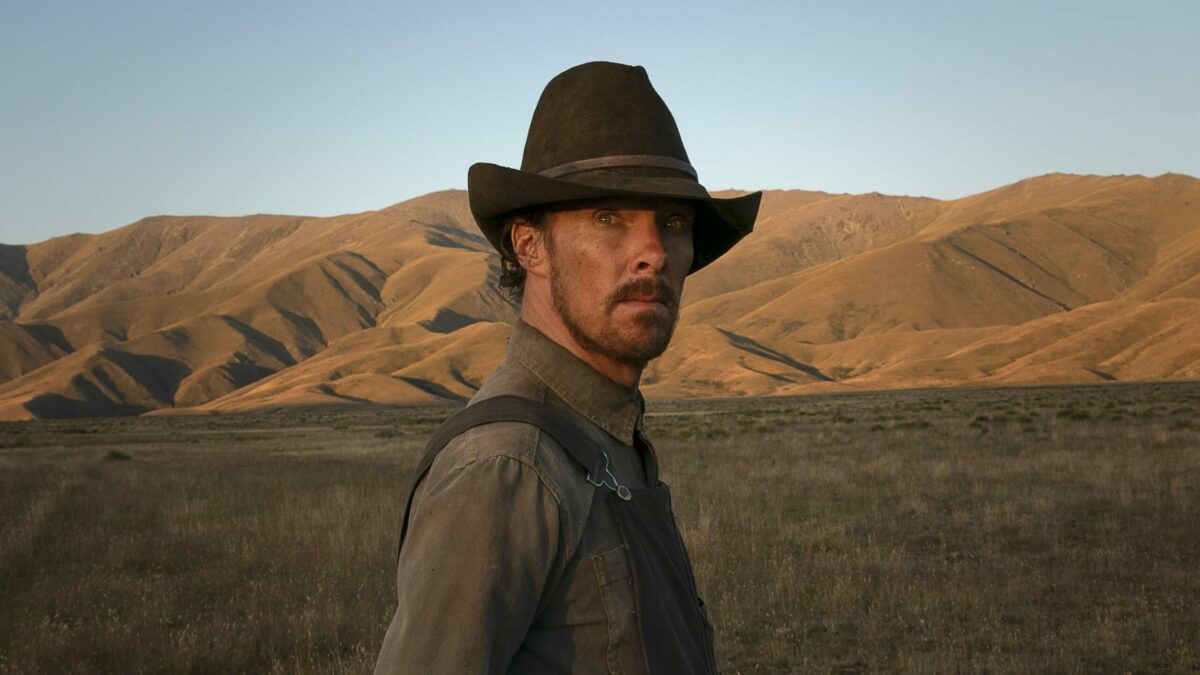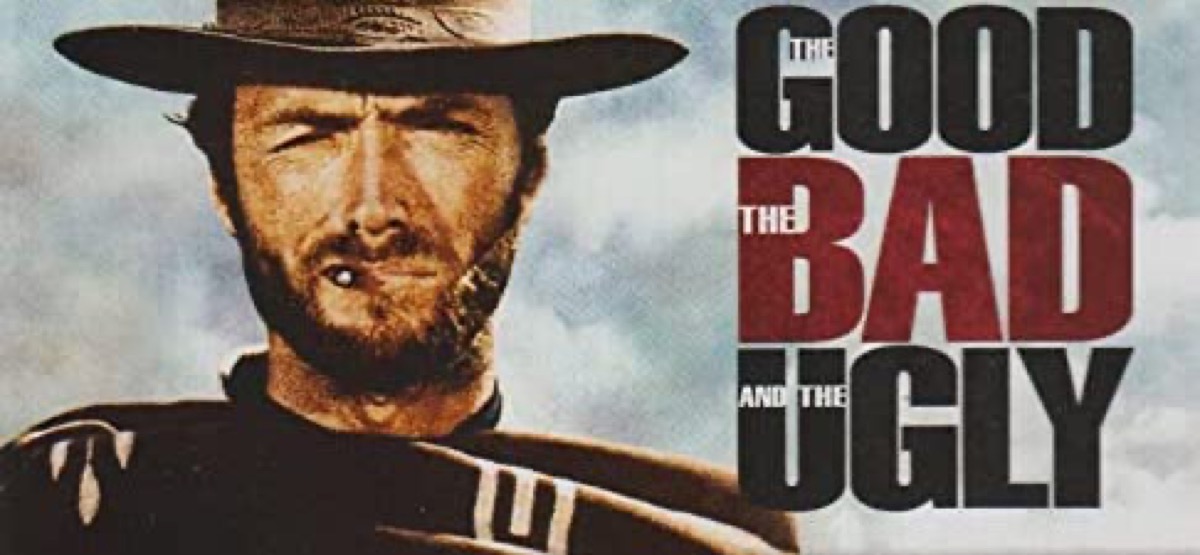Why Sam Elliott’s ‘Power of the Dog’ Insults Are So Ridiculous

While on the podcast WTF With Marc Maron, actor Sam Elliott let out some ridiculous, borderline homophobic comments about Power of the Dog, a film by New Zealand director Jane Campion. Maron asked what Elliott thought of the movie and went on to call it a “piece of shit,” but he didn’t stop there, and the specific points he raised to support that opinion were strange at best.
“Fuck no,” Elliott said. “I looked at it when I was down there in Texas doing 1883 and what really brought it home to me the other day, … there was a fucking full-page ad out in the L.A. Times and there was a review — not a review, but a clip — and it talked about the evisceration of the American myth. And I thought, ‘What the fuck? What the fuck?’ This is the guy that’s done Westerns forever. The evisceration of the American West. They made it look like — what are all those dancers that those guys in New York that wear bowties and not much else? Remember them from back in the day?”
Maron clarified that he was talking about Chippendales dancers. Elliott continued, “That’s what all these fucking cowboys in that movie looked like. They’re all running around in chaps and no shirts. There’s all these allusions to homosexuality throughout the fucking movie.”
Elliott later said, “What the fuck does this woman — she’s a brilliant director, by the way, I love her work, previous work — but what the fuck does this woman from down there, New Zealand, know about the American West? And why in the fuck does she shoot this movie in New Zealand and call it Montana and say, ‘This is the way it was.’ That fucking rubbed me the wrong way, pal. The myth is that they were these macho men out there with the cattle. I just come from fucking Texas where I was hanging out with families, not men, but families, big, long, extended, multiple-generation families that made their living and their lives were all about being cowboys.”
Wow, a lot to unpack here. First of all, the story of The Power of the Dog wasn’t created by Campion, making the dismissive way Elliott talks about her that much worse. It’s based on a novel by Thomas Savage, an American who worked as a wrangler, ranch hand, welder, and railroad brakeman. Savage has been described as a “closeted gay man” by some, but we do know he had long-term relationships with men that his wife allegedly knew about. And he still managed to have that family unit that Elliott seems to care so much about.
Did Elliott film history?

I grew up watching Westerns with my mom—Gunsmoke, Bat Masterson, Maverick, Cheyenne, etc. You wouldn’t think a Jamaican lady would find them so appealing, but my mom is a genre nerd. There has always been a division between Westerns that uphold the traditional “Old West”—exceptionalism that portrays their protagonists as noble lawmen and tend to demonize Native Americans and other non-white folks who fail to assimilate into “law and order—and Westerns that subverted that idealized vision, which started with Spaghetti Westerns.
The reason “Spaghetti Westerns” are referred to in that way is because they were films made were produced and directed by Italians, who were not bound by the Hays Code. The most well-known is probably Sergio Leone, who is responsible for the Clint Eastwood films A Fistful of Dollars; For a Few Dollars More; The Good, the Bad and the Ugly; and the Once Upon a Time films.
These movies, now classics, were noteworthy because they did subvert the noble image of the Western protagonist, including more violence, realism, and moral complexity—and, in some cases, (gasp) homosexuality.
Some of the best Westerns in the genre are subversive and are, in part, “evisceration of the American West” and made by people who are not American. Hell, the impact of Japanese cinema on the Western genre was so huge that Akira Kurosawa sued Leone for plagiarism once. When Eastwood made his first American Western, Hang ‘Em High, his experience with the Spaghetti Western set the tone for the future of his filmmaking.
Of course, people then took issue with this, most notably John Wayne, the poster boy of the Old West. Eastwood explained once during an interview with Kenneth Turan via Ride, Boldly Ride: The Evolution of the American Western.
“John Wayne once wrote me a letter saying he didn’t like High Plains Drifter. He said it wasn’t really about the people who pioneered the West. I realized that there’s two different generations, and he wouldn’t understand what I was doing. High Plains Drifter was meant to be a fable: it wasn’t meant to show the hours of pioneering drudgery. It wasn’t supposed to be anything about settling the West.”
We already live in an environment that has never actually been invested in the truth about the building of the American West. If that were the case, we’d have more Black, Mexican, and Native cowboys, a focus on how sex workers and brothels helped build it, and a lot more queer cowboys. As far as I’m concerned, it sounds like Elliott has absorbed more mythology than fact and film history.
(via THR, featured image: Netflix)
Have a tip we should know? [email protected]
